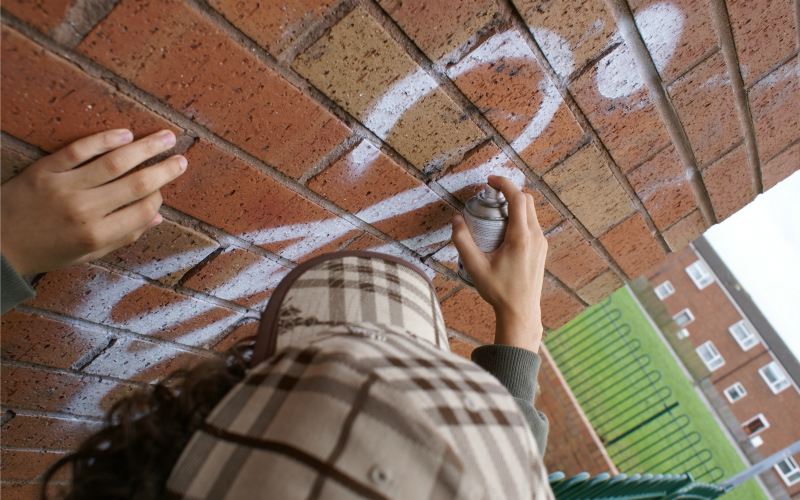
At what age should a child be assumed to have criminal responsibility? In other words, at what age should a child be expected to know what is wrong, to distinguish between right and wrong, and to have the confidence and self discipline to resist the temptation of doing something he or she may know to be wrong. The last question - that of self discipline, or “moral fibre” is not often explored.
The Times article points out that government advisors seek for this crucial age to be raised. The Youth Justice Board has presented a paper indicating the recent trend for different countries to raise the age when a child should be seen as responsible for committing a crime. There is pressure to increase the age. The Youth Justice Board, a non departmental public body, have observed research on brain and childhood development indicates that a child may have a concept of “right and wrong” from a young age but that “other aspects of their development limited the possibility of criminal intent. Behavioural and emotional development means younger children typically have difficulty controlling impulsive actions or resisting the influence of peers.” This last observation echoes the important point regarding self control made above.
What are the facts? In England and Wales the age of criminal responsibility is 10. In Scotland the age was recently raised to 12, despite many with knowledge and authority wishing for a higher threshold of 14 years. (In Scotland, where children under 12 commit offences, they can be referred to a children’s hearing for their own care and protection.)
It is worth noting that no other EU country has the age of criminal responsibility set as low as 10. The ages in Germany, Sweden and Poland are, respectively, 14, 15 and 16. The raising of the age of criminal responsibility in various countries has been driven, to some extent, by observations of the UN Committee on the rights of the child, which has provided the opinion that having the age set below 12 is deemed “not to be internationally acceptable.”
The article in the Times is linked to a letter written to that newspaper on the same date. The letter is from Dr Eileen Vizard, Dr Arnon Bentovim, both leading Child Psychiatrists, Professor Sarah-Jayne Blakemore, Professor of Psychology and Cognitive Neuroscience at the University of Cambridge and the Earl of Listowel, a cross bench peer. The letter criticises the age of criminal responsibly being set at 10, observing that children of that age are “unlikely to be truly fit to plead.” Upon reflection, is does seem a travesty of any notion of justice to hold a child aged 10 responsible for committing a crime. Let us ask ourselves how we may have thought and acted at the age of 10, if we can even remember that. How about our maturity at 12 years? It seems that the age of 14 may be appropriate for this vital threshold.
At Thorntons we do all we can to support the welfare of children and young people. We advise and represent parents of children. If a young person is deemed to have the insight and maturity to instruct his or her own solicitor, we will advise and represent young people. For children who do not have such maturity and insight, in many cases we represent the welfare and best interests of children by acting as their curators ad litem, and outing arguments for them which best support their welfare.
